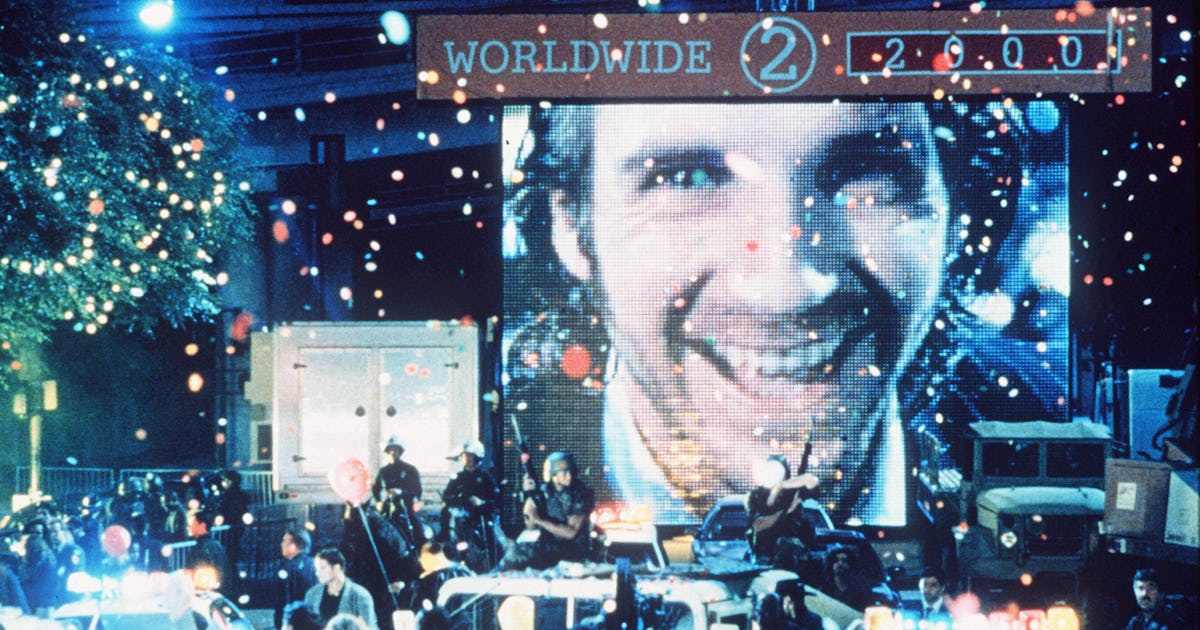
"You slip a stocking over your head and check that your pistol's loaded before bursting into the local Chinese restaurant and cleaning out the cash register, locking the staff into the freezer. As police cars approach the exit, you clamber onto the roof instead. In front of you, the chasm between buildings stretches out. Behind, the cops close in. You make the leap, then plummet horrifically to your demise. A second later, you jolt upright in the real world."
"In Strange Days (1995), virtual reality tech live immerses users into not imagined scenarios, but lived recorded encounters, making it possible to vicariously experience crimes from the perpetrator's POV. Kathryn Bigelow's sci-fi noir thriller grounds this futuristic device in the sobering reality of assault on women and racially-motivated police brutality, while being prescient about our modern screen addiction. Twenty years after its release came "America's first social media murder," a double homicide in Roanoke, with live footage shot from their murderer's perspective."
"In the film, "wireheads" are hooked onto these snatches "of somebody's life, pure and uncut," as described by former LAPD cop Lenny Nero (Ralph Fiennes), now a black-market peddler of such recordings. He reacts viscerally to the Chinese restaurant robbery, but only because VR demises "bring down his day," a nifty encapsulation of how putting oneself into other peoples' viewpoints only leads to further dehumanization in a jaded, cynical world."
Strange Days (1995) centers on a black-market device that records and replays lived experiences, allowing users to vicariously inhabit others' viewpoints, including crimes. The technology, originally developed for policing, becomes a consumerized medium for sensational violence and sexual fantasy. Lenny Nero, a former LAPD officer who trades illicit recordings, witnesses how immersive demises and first-person footage erode empathy and seed dehumanization in a cynical society. The film anchors its speculative tech in concrete social issues: assaults on women, racially motivated police brutality, economic malaise, and escalating screen addiction, suggesting technological thrills can normalize and commodify human suffering.
Read at Inverse
Unable to calculate read time
Collection
[
|
...
]